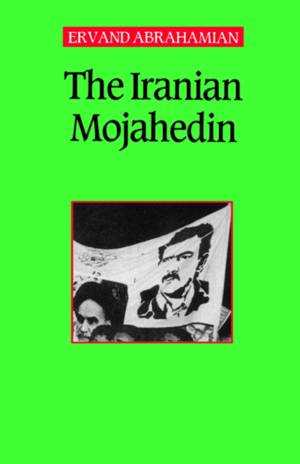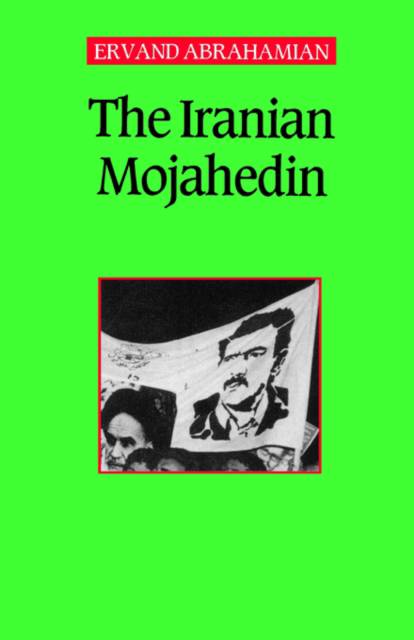
Je cadeautjes zeker op tijd in huis hebben voor de feestdagen? Kom langs in onze winkels en vind het perfecte geschenk!
- Afhalen na 1 uur in een winkel met voorraad
- Gratis thuislevering in België vanaf € 30
- Ruim aanbod met 7 miljoen producten
Je cadeautjes zeker op tijd in huis hebben voor de feestdagen? Kom langs in onze winkels en vind het perfecte geschenk!
- Afhalen na 1 uur in een winkel met voorraad
- Gratis thuislevering in België vanaf € 30
- Ruim aanbod met 7 miljoen producten
Zoeken
Omschrijving
The Mojahedin, a radical political group in Iran, were prominent in the movement against the Shah and played an important role in bringing the Ayatollah Khomeini to power. Yet they have borne the brunt of his reign of terror and now constitute the main opposition to his Islamic Republic. In this book a leading authority on Iranian political parties offers the first history of this little-known underground group.
Drawing on all available sources including interviews with past and present members of the Mojahedin, Ervand Abrahamian traces their organization from the 1960s to today. He investigates the social backgrounds of their leaders, the main features of their ideology, and the Marxist influences on their interpretation of Islam. He is then able to explain why they failed to gain political power despite their mass following and the fact that they were the best armed, best disciplined, and one of the largest groups opposing the Shah.
In an introductory section on contemporary Iran, Abrahamian analyzes the downfall of the Shah, discusses the resurgence of Islam in that country, contrasts the varieties of Islam on the present scene, and explains why the Islamic Republic, despite all expectations, has proved to be so durable. Clearly and concisely written, the book as a whole provides a wealth of information on contemporary Iran.
"A very fine book that deals with an important subject in a very thorough and engrossing fashion." -Nikki R. Keddie, U.C.L.A.
Drawing on all available sources including interviews with past and present members of the Mojahedin, Ervand Abrahamian traces their organization from the 1960s to today. He investigates the social backgrounds of their leaders, the main features of their ideology, and the Marxist influences on their interpretation of Islam. He is then able to explain why they failed to gain political power despite their mass following and the fact that they were the best armed, best disciplined, and one of the largest groups opposing the Shah.
In an introductory section on contemporary Iran, Abrahamian analyzes the downfall of the Shah, discusses the resurgence of Islam in that country, contrasts the varieties of Islam on the present scene, and explains why the Islamic Republic, despite all expectations, has proved to be so durable. Clearly and concisely written, the book as a whole provides a wealth of information on contemporary Iran.
"A very fine book that deals with an important subject in a very thorough and engrossing fashion." -Nikki R. Keddie, U.C.L.A.
Specificaties
Betrokkenen
- Auteur(s):
- Uitgeverij:
Inhoud
- Aantal bladzijden:
- 315
- Taal:
- Engels
Eigenschappen
- Productcode (EAN):
- 9780300052671
- Verschijningsdatum:
- 28/10/1992
- Uitvoering:
- Paperback
- Formaat:
- Trade paperback (VS)
- Afmetingen:
- 139 mm x 218 mm
- Gewicht:
- 412 g

Alleen bij Standaard Boekhandel
+ 142 punten op je klantenkaart van Standaard Boekhandel
Beoordelingen
We publiceren alleen reviews die voldoen aan de voorwaarden voor reviews. Bekijk onze voorwaarden voor reviews.









